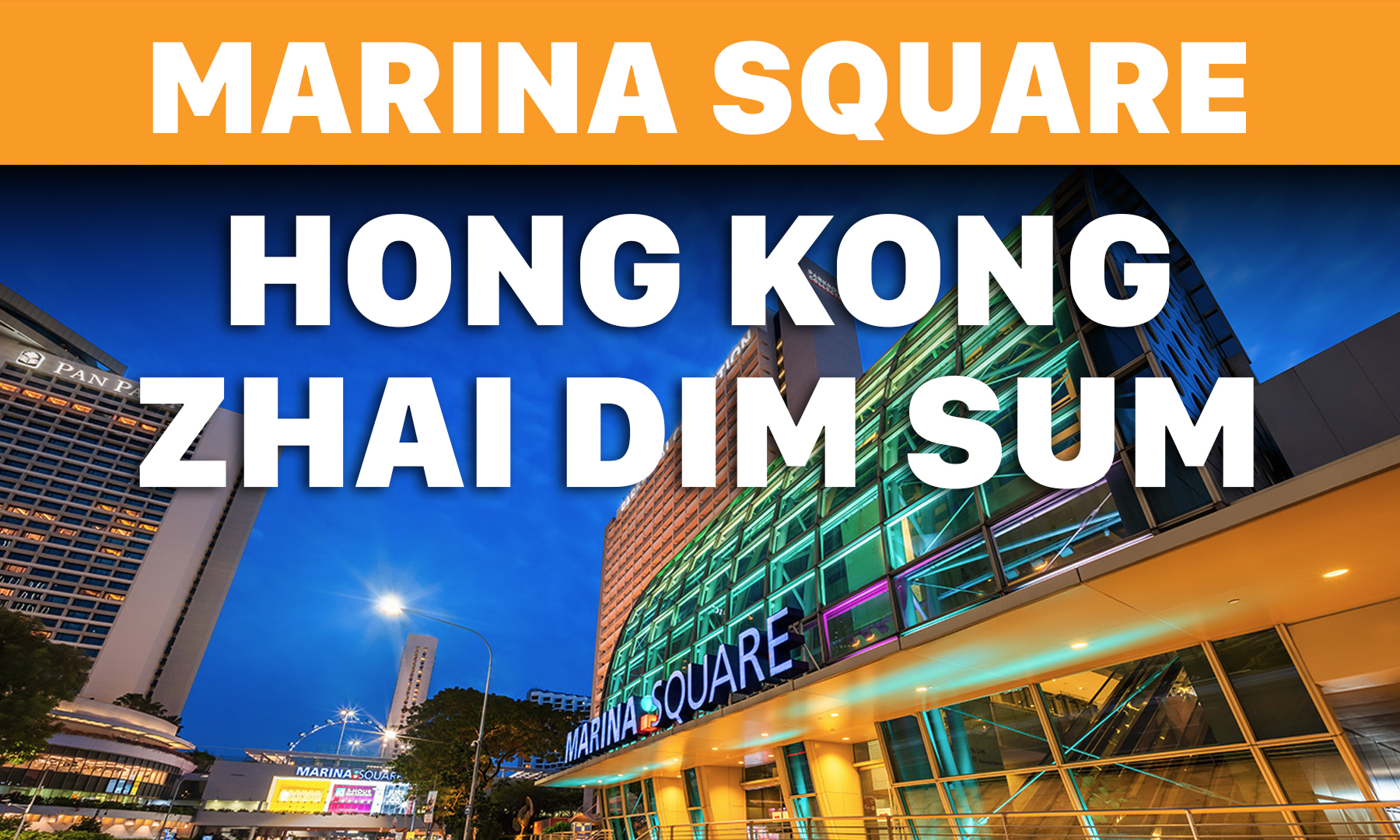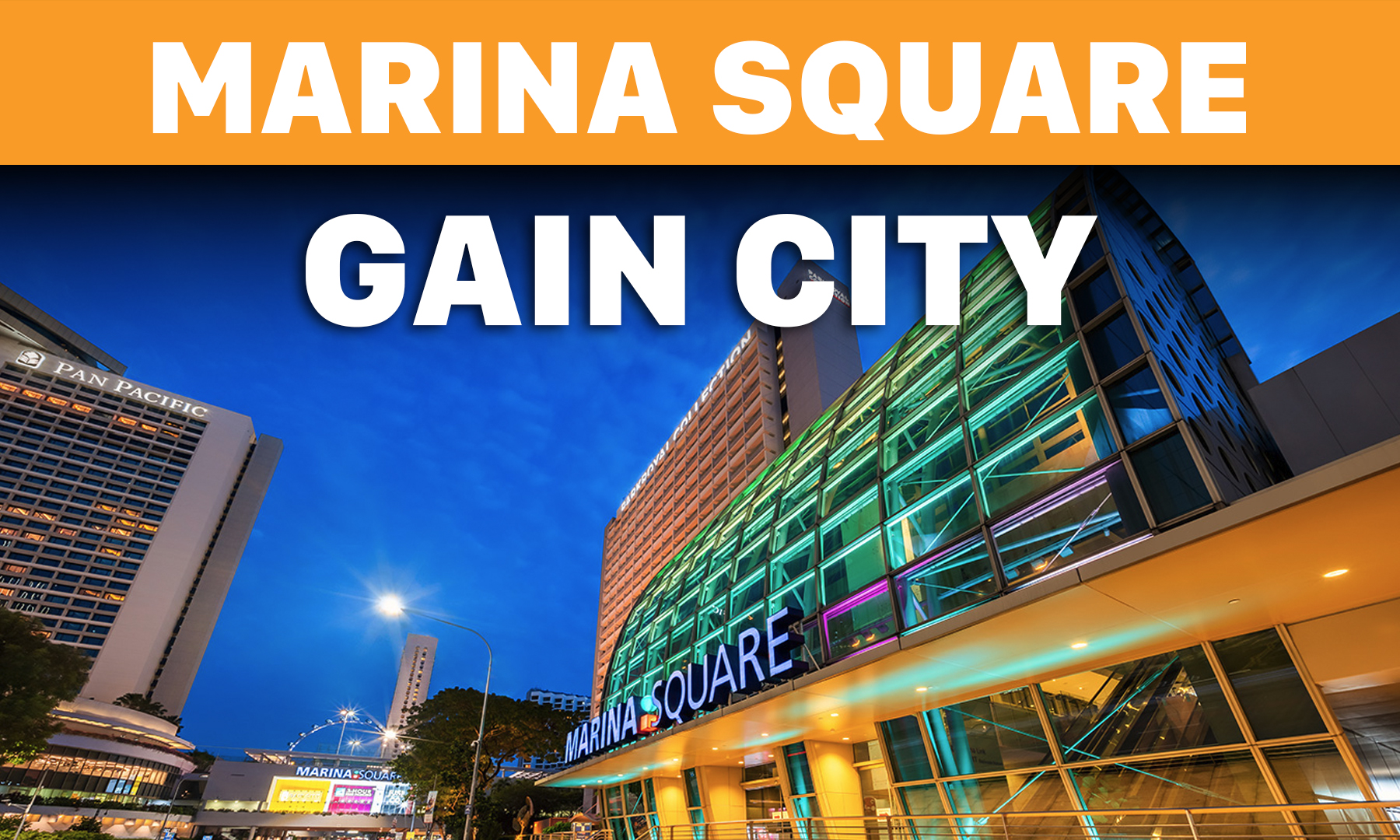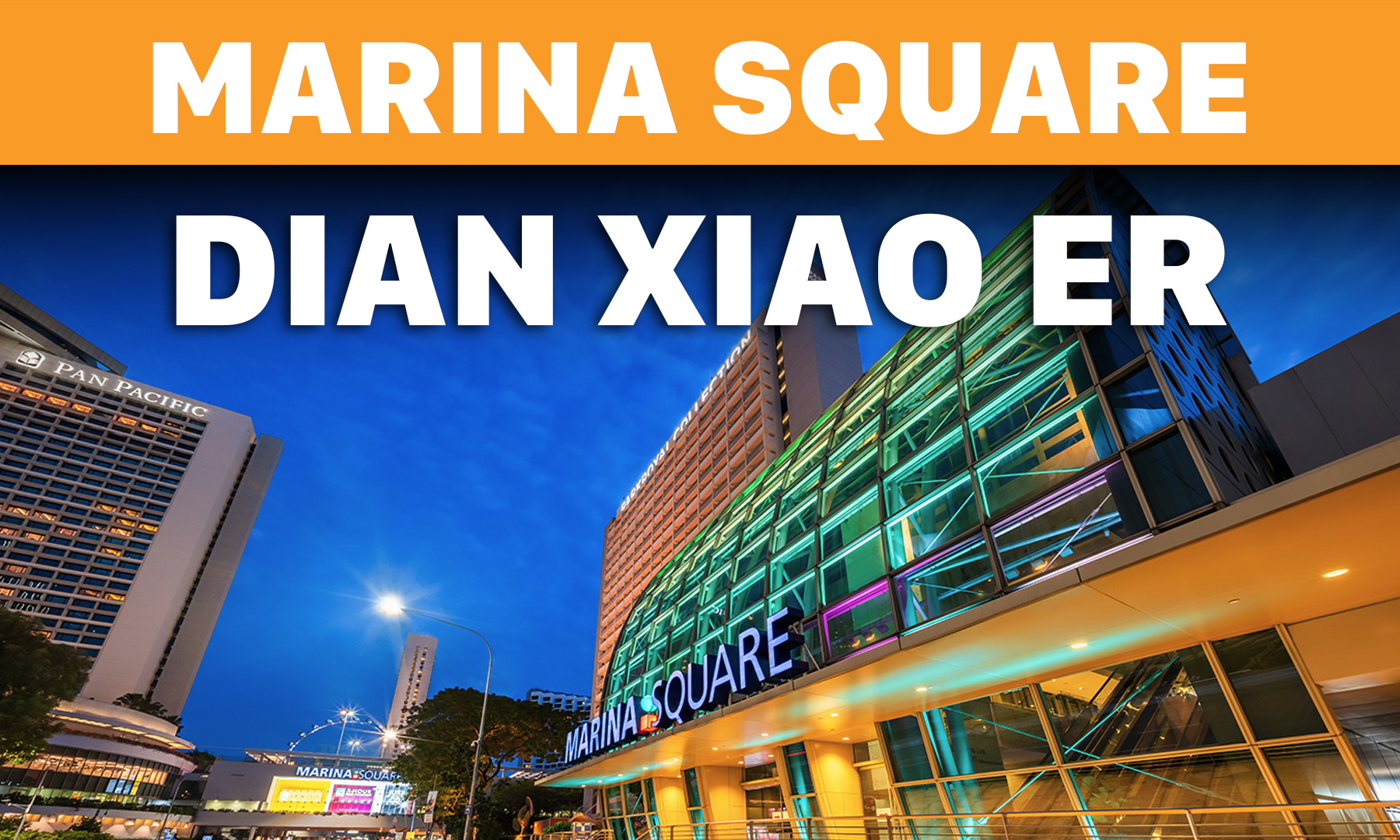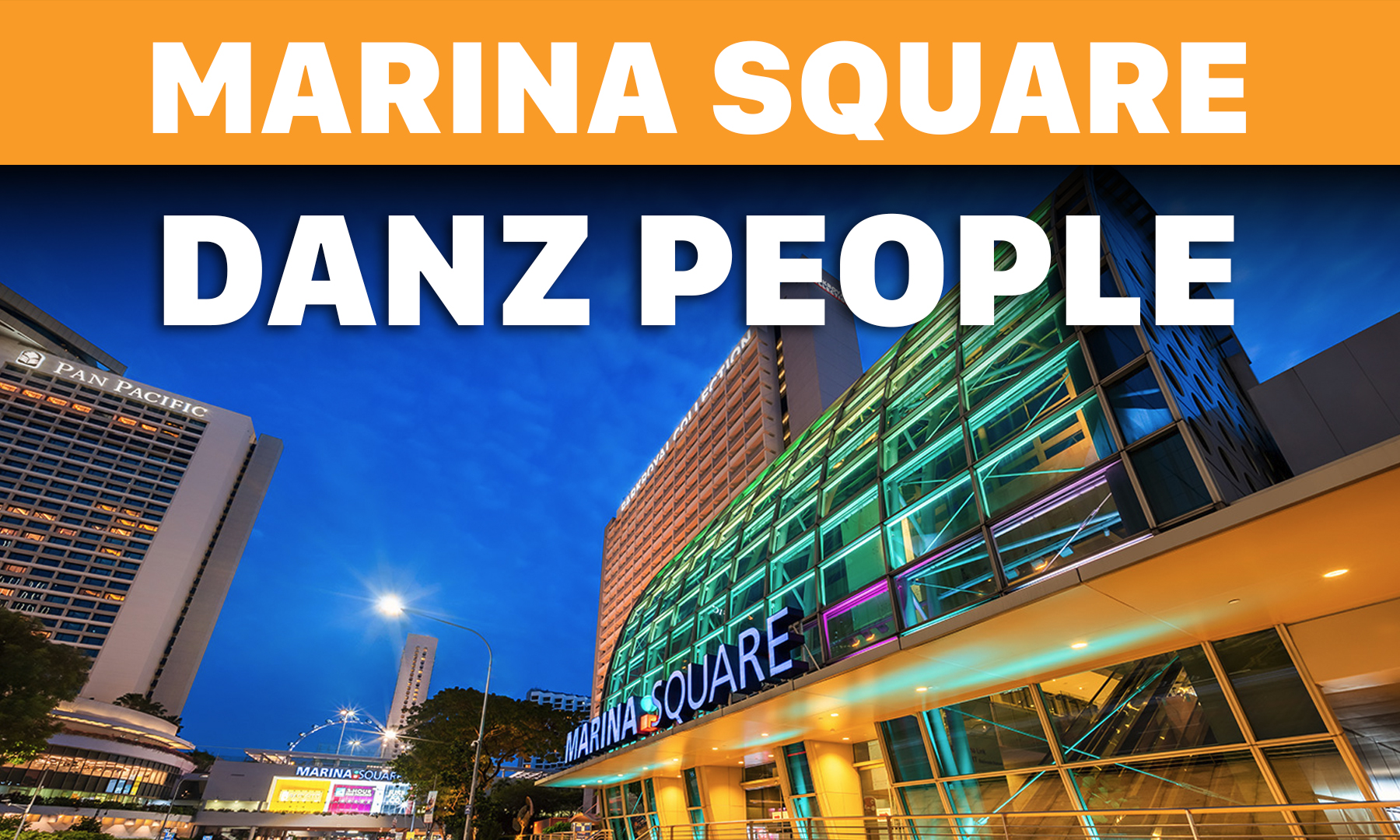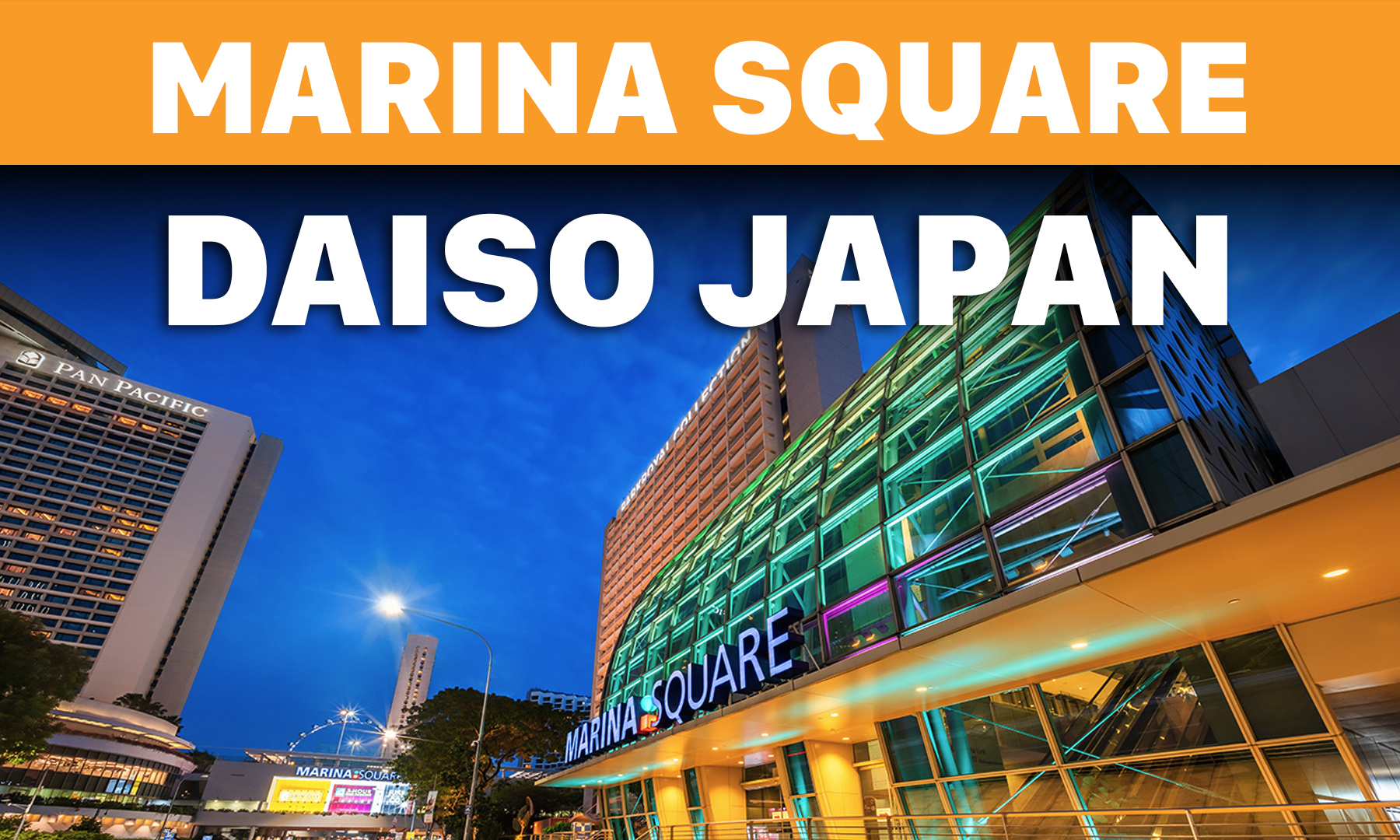For the second consecutive year, Singapore has been named the happiest country in Asia.

Singapore's distinction as the happiest country in Asia for the second consecutive time, according to the World Happiness Report, can be attributed to a combination of factors that contribute to the well-being and satisfaction of its residents. These factors include high levels of income, health, and education, as well as a robust sense of community, low crime rates, and political stability.
Key aspects contributing to Singapore's happiness include:
Economic Performance
Singapore's economic performance in 2024 is characterized by cautious optimism, with the Ministry of Trade and Industry (MTI) maintaining its GDP growth forecast at 1.0 to 3.0 percent. This outlook follows a year of modest growth in 2023, where the economy expanded by 1.1 percent. The final quarter of 2023 saw a slight acceleration in growth to 2.2 percent on a year-on-year basis, suggesting some positive momentum entering 2024.

The economic landscape for Singapore in 2024 is expected to be shaped by several key sectors. The electronics industry, particularly the semiconductor segment, is forecasted to experience growth due to increasing global demand and optimism surrounding AI-related chips. This is indicative of a broader trend of improvement within the manufacturing and trade-related sectors. The food and beverage (F&B) and travel-related industries, which saw significant post-pandemic growth, are also expected to continue their upward trajectory, albeit at a moderated pace as the initial surge of "revenge travel" begins to stabilize.
Investment and asset classes in Singapore are likely to be influenced by global economic policies and conditions. The bond market could see a resurgence of interest if the Federal Reserve decides to cut interest rates, making existing bonds with higher fixed interest rates more valuable. Real Estate Investment Trusts (REITs), which have faced challenges in recent years due to rising interest rates, could also become more appealing with anticipated rate cuts and declining inflation. These trends suggest potential opportunities for portfolio diversification and strategic investments in both bonds and REITs.
Overall, Singapore's economic outlook for 2024 reflects a balance of opportunities and challenges. Growth in key sectors like electronics, F&B, and travel contributes to a positive outlook, while the broader economic environment remains susceptible to external pressures such as interest rate policies and global geopolitical dynamics. Investors and businesses alike will need to navigate this landscape with caution and strategic foresight.
Healthcare System
Singapore's healthcare system is renowned for its efficiency and effectiveness, characterized by a mix of public and private healthcare services designed to ensure that everyone has access to different levels of healthcare in a timely, cost-effective, and seamless manner. The Ministry of Health (MOH) plays a crucial role in regulating the healthcare system, promoting good health, reducing illness, and ensuring access to affordable healthcare. This involves direct intervention when necessary to keep healthcare costs down and ensuring long-term population needs are met through sustainable investment, particularly in preventive and community-based care.

Central to Singapore's healthcare system are several financing schemes and subsidies designed to make healthcare accessible and affordable to all residents. The public statutory insurance system, MediShield Life, provides a safety net for large hospital bills and certain outpatient treatments. MediShield Life's premiums are subsidized by the government based on income, ensuring affordability. Other key components include MediSave, a mandatory health savings account system, and CareShield Life, an insurance scheme for long-term care. The Community Health Assist Scheme further subsidizes care for lower- to middle-income citizens at private GP and dental clinics.
Singapore's government encourages a balance between public and private sector involvement in healthcare, relying on competition and market forces to improve service quality and efficiency. However, it intervenes directly in areas like workforce planning and infrastructure development to address market failures and maintain cost-effectiveness.
National organizations play vital roles in preventing system fragmentation and encouraging economies of scale. For instance, MOH Holdings manages public healthcare institutions and coordinates infrastructure development and talent development across the national health system. The Health Sciences Authority regulates health products to meet safety, quality, and efficacy standards, while the Health Promotion Board formulates health policies and implements health promotion and disease prevention programs.
Social Support
Singapore's social support system is multi-faceted, focusing on building a vibrant, inclusive, and resilient society that supports its citizens through every stage of life. The Forward SG report, initiated by Deputy Prime Minister Lawrence Wong and other leaders, reflects a collective vision for Singapore's future, emphasizing broader definitions of success beyond material achievements. It highlights a societal shift towards valuing meaningful careers, fairness, inclusiveness, and mutual responsibility. The report outlines a roadmap for changes in education, job opportunities, and enhanced support for families and seniors to foster a stronger sense of solidarity and identity among Singaporeans.

In response to the economic impact of COVID-19 and rising cost pressures, Singapore has implemented targeted social support schemes to aid lower and middle-income groups, complementing broad-based measures to support workers and jobseekers. ComCare, one of Singapore's key social assistance programs, has seen adjustments in its beneficiary numbers reflecting economic improvements, yet efforts continue to reach those in need through comprehensive support systems. The ComLink initiative, for example, provides coordinated support for families in rental flats, helping them towards stability and self-reliance.
Furthermore, Singapore has made strides in supporting persons with disabilities, as outlined in the Enabling Masterplan 2030. This plan aims to build a more inclusive society by 2030, with the government accepting all recommendations to work towards this vision. Efforts include increasing the employment rate of persons with disabilities, supporting students with special educational needs in both mainstream and special education schools, and improving the accessibility of public transport and facilities.
The social service sector, comprising over 500 Social Service Agencies (SSAs), plays a crucial role in this ecosystem, offering a range of programs and services to support those in need. The government has been actively working to support these agencies through technology solutions, advisory services, and the Community Capability Trust, aiming to enhance their capabilities and capacity to serve the community effectively.
These initiatives underscore Singapore's commitment to nurturing a supportive, inclusive, and resilient society that empowers every individual to thrive and contribute meaningfully.
Education and Housing

In 2024, Singapore's Education Minister emphasized continuous innovation in the education sector, focusing on three key priorities: staying ahead of potential challenges to avoid complacency, redefining educational success beyond students' scores to include lifelong learning and ability to thrive independently, and enhancing special education with more coordinated approaches and additional funding. This commitment underscores the necessity for evolution, redefinition, and improvement in Singapore's education system.
Public Safety and Corruption-Free Environment
Singapore's reputation as a public safety-conscious and corruption-free environment is reinforced by its consistent high ranking in global indexes and the proactive efforts of its anti-corruption agency, the Corrupt Practices Investigation Bureau (CPIB). In 2023, Singapore was ranked as the fifth least corrupt country globally and the least corrupt in Asia, according to Transparency International's Corruption Perceptions Index (CPI). The country scored 83 out of a possible 100 points, maintaining the same score as in 2022. Denmark led the overall index, followed by Finland, New Zealand, and Norway. This ranking reflects Singapore's strong stance against corruption and its effective governance.

The CPIB plays a crucial role in maintaining this status, actively investigating and prosecuting corruption cases across both the public and private sectors. Examples of their work include taking swift action against attempted bribery during the COVID-19 pandemic and investigating complex cases involving senior public officers and prominent construction companies. Such efforts are part of Singapore's broader strategy to maintain a clean and trustworthy governance system.
Transparency International has praised Singapore's CPIB as an excellent anti-corruption agency with international repute. However, it has also suggested that Singapore can aim even higher by addressing issues like illicit financial flows and enhancing civic spaces for whistleblowing and anti-corruption activism. Despite a slight stagnation in its score over the last decade, Singapore's high ranking demonstrates its effective anti-corruption measures and the public's confidence in these efforts.
Quality of Life

Factors such as efficient public transportation, a wide variety of dining and shopping options, and opportunities for leisure and recreation play a significant role in enhancing the quality of life for Singaporeans
Cultural Values and Family Importance
Singapore's cultural values and the importance of family are deeply ingrained in its society, reflecting a rich tapestry of traditions and modernity. The city-state's culture is characterized by a respect for efficiency, harmony, and a strong emphasis on familial and social hierarchy, largely influenced by Confucian principles. These values foster a community where relationships are tiered, with particular respect accorded to elders and those in authority positions. This respect is evident in social interactions, where age and status significantly influence the dynamics of communication and interaction, promoting a culture of deference and politeness.
Family in Singapore is regarded as the cornerstone of social structure, embodying loyalty and a collective identity that prioritizes group interests over individual desires. Traditional family roles are revered, with the extended family often living together or maintaining close ties. However, modern pressures and the evolution of society have seen a gradual shift towards nuclear family units and an increase in individualism, especially among the younger generations. Despite these changes, the importance of filial piety and caring for the elderly remains a critical aspect of Singaporean values, underscored by laws mandating children's financial responsibility towards their aged parents.
The multicultural fabric of Singapore adds another layer to its cultural and familial dynamics, with Chinese, Malay, and Indian communities coexisting, each contributing to the mosaic of Singaporean life. This diversity extends to non-verbal communication, where Singaporeans place a high value on subtle, indirect expressions and cues, valuing harmony and avoiding direct confrontation to maintain social equilibrium and 'face'.
Etiquette in Singapore reflects its multicultural ethos, with different practices among its major ethnic groups—Chinese, Malay, and Indian—especially in greetings, gift-giving, and social gatherings. The common thread, however, is the emphasis on respect, modesty, and the importance of community and familial bonds.
These cultural nuances and the emphasis on family underscore Singapore's unique position as a society that navigates the complexities of tradition and modernity, creating a cohesive, harmonious community.














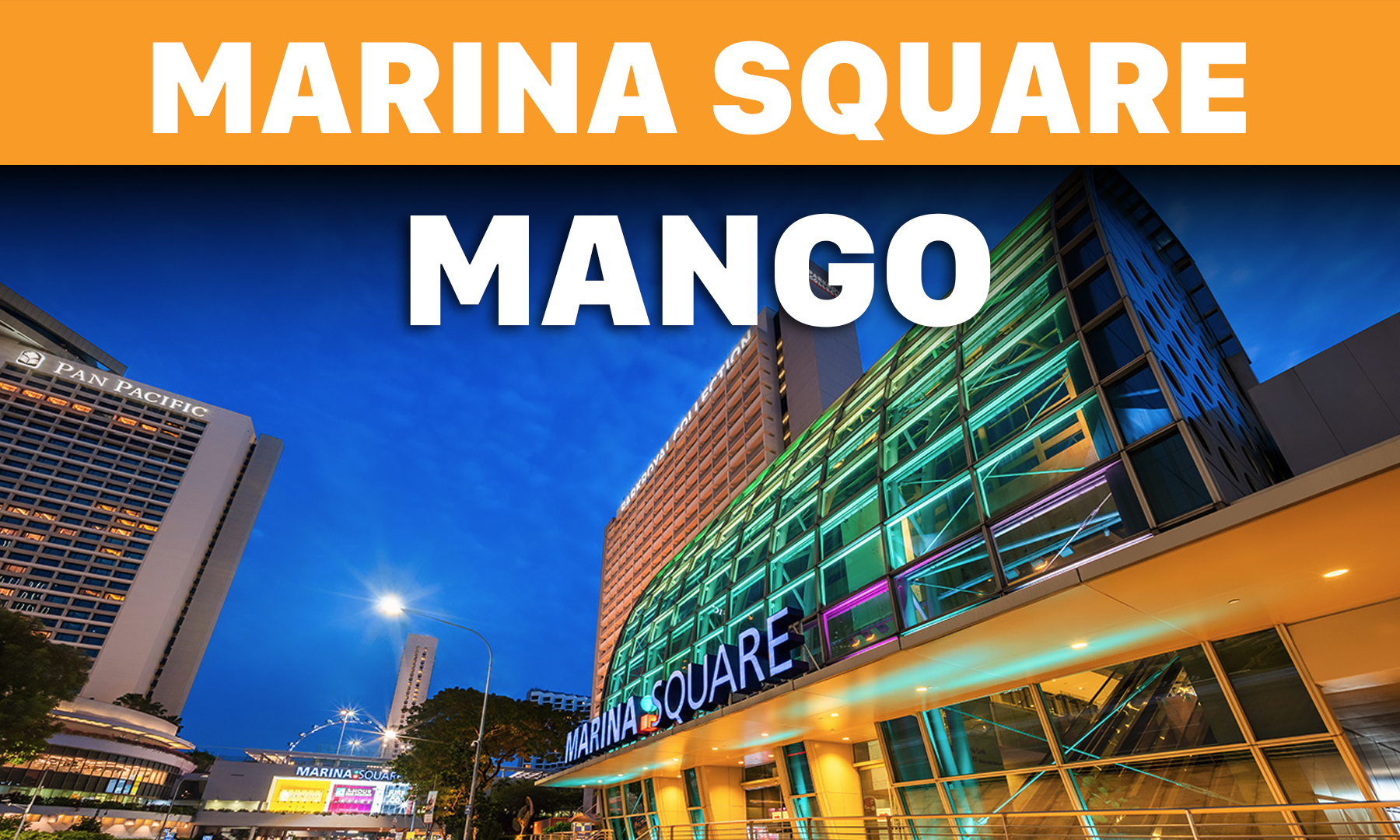

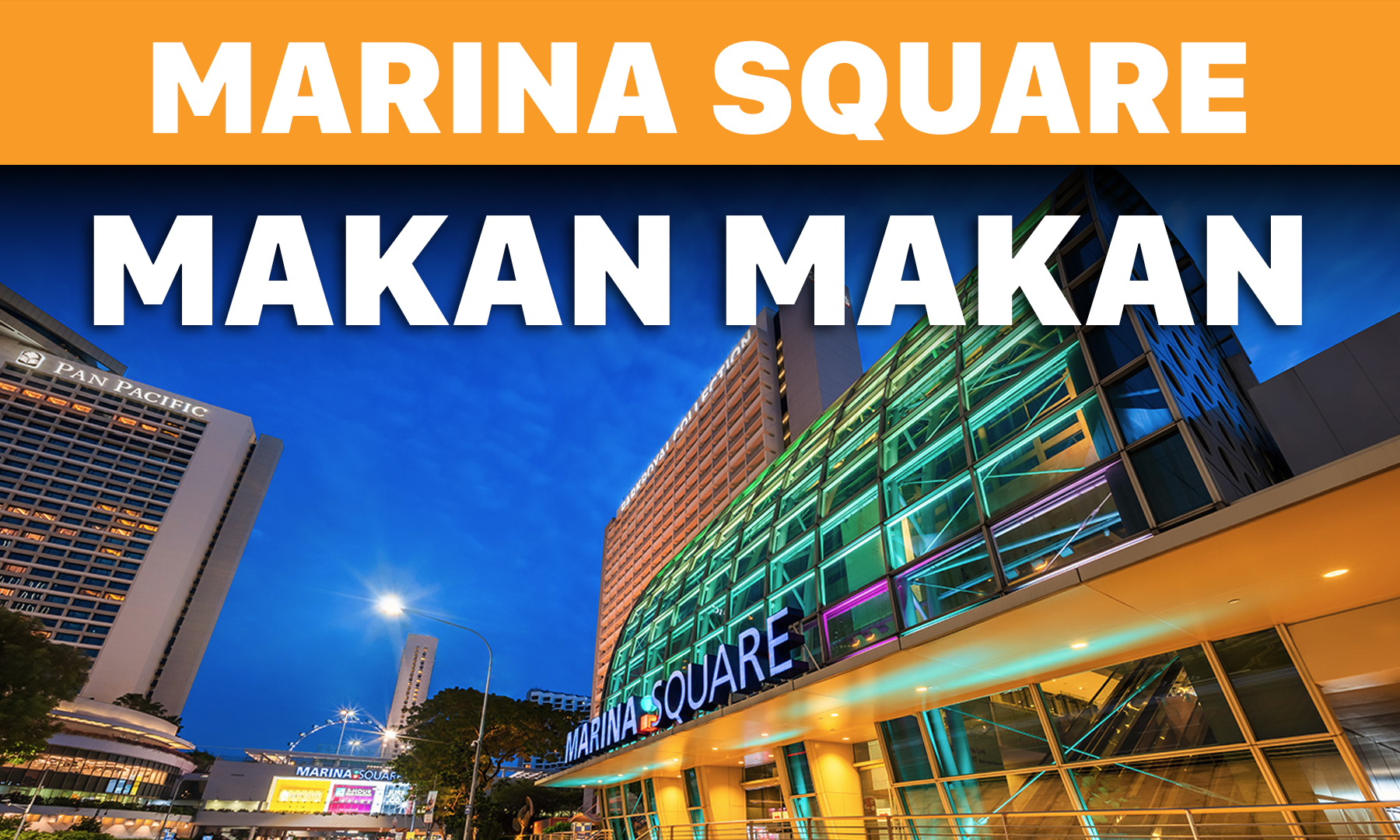













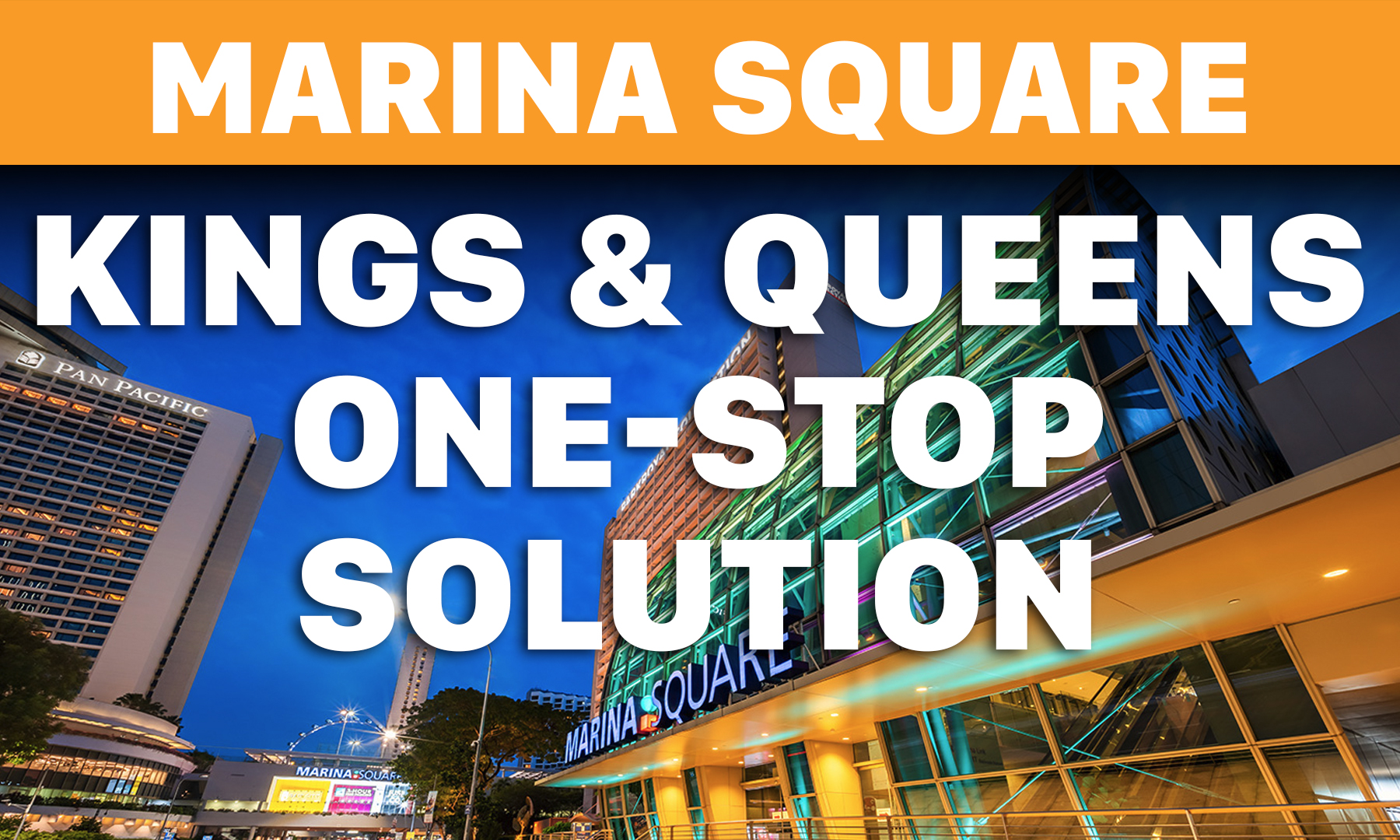






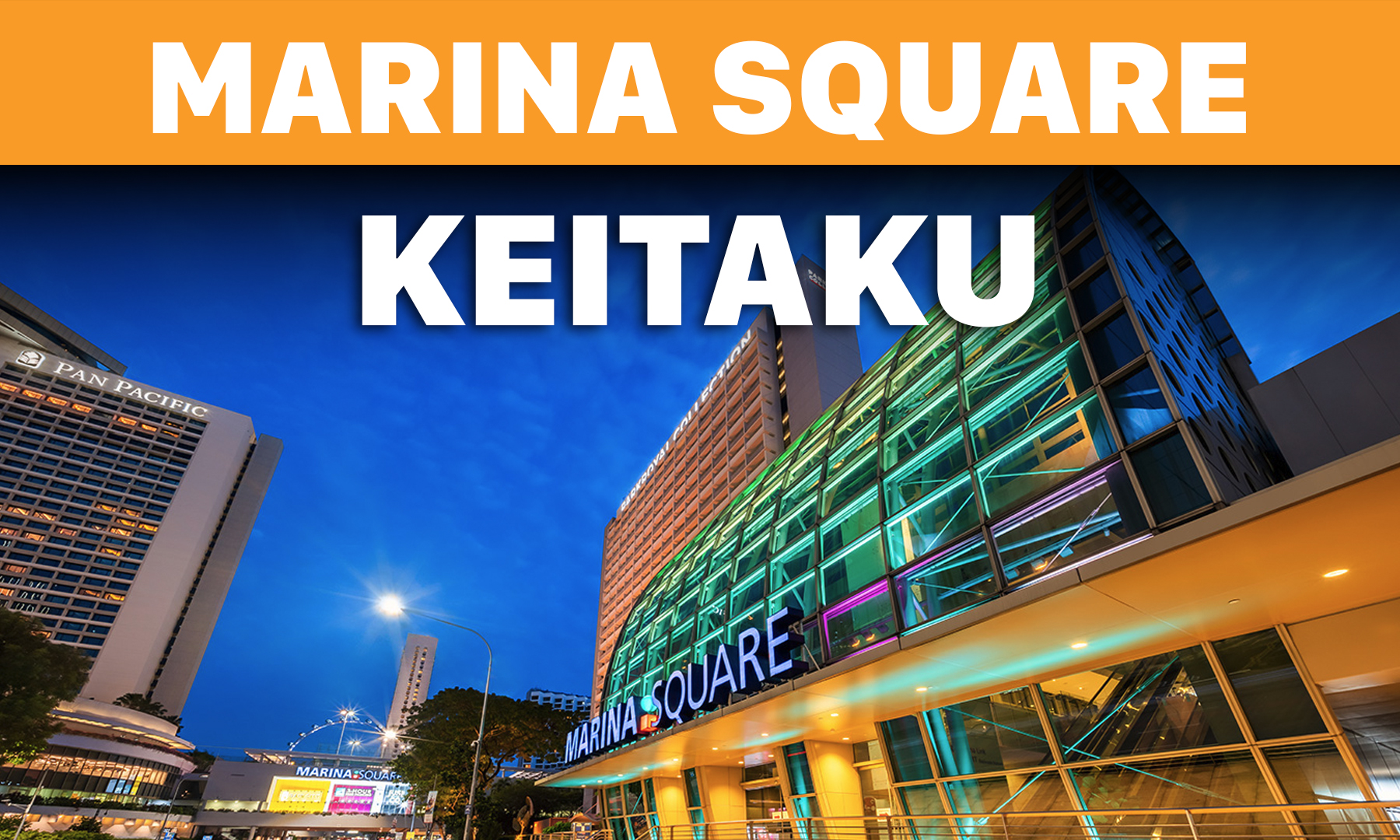



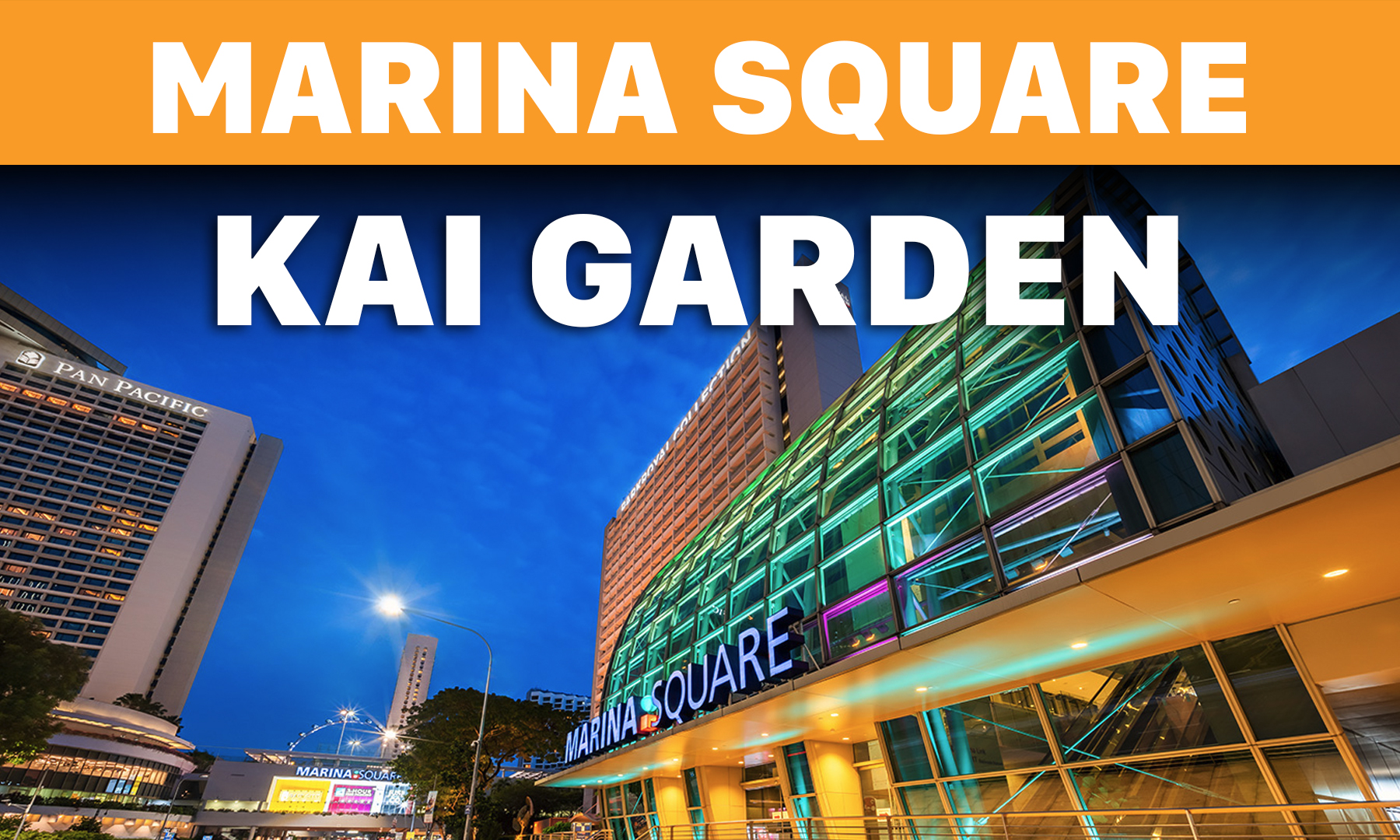


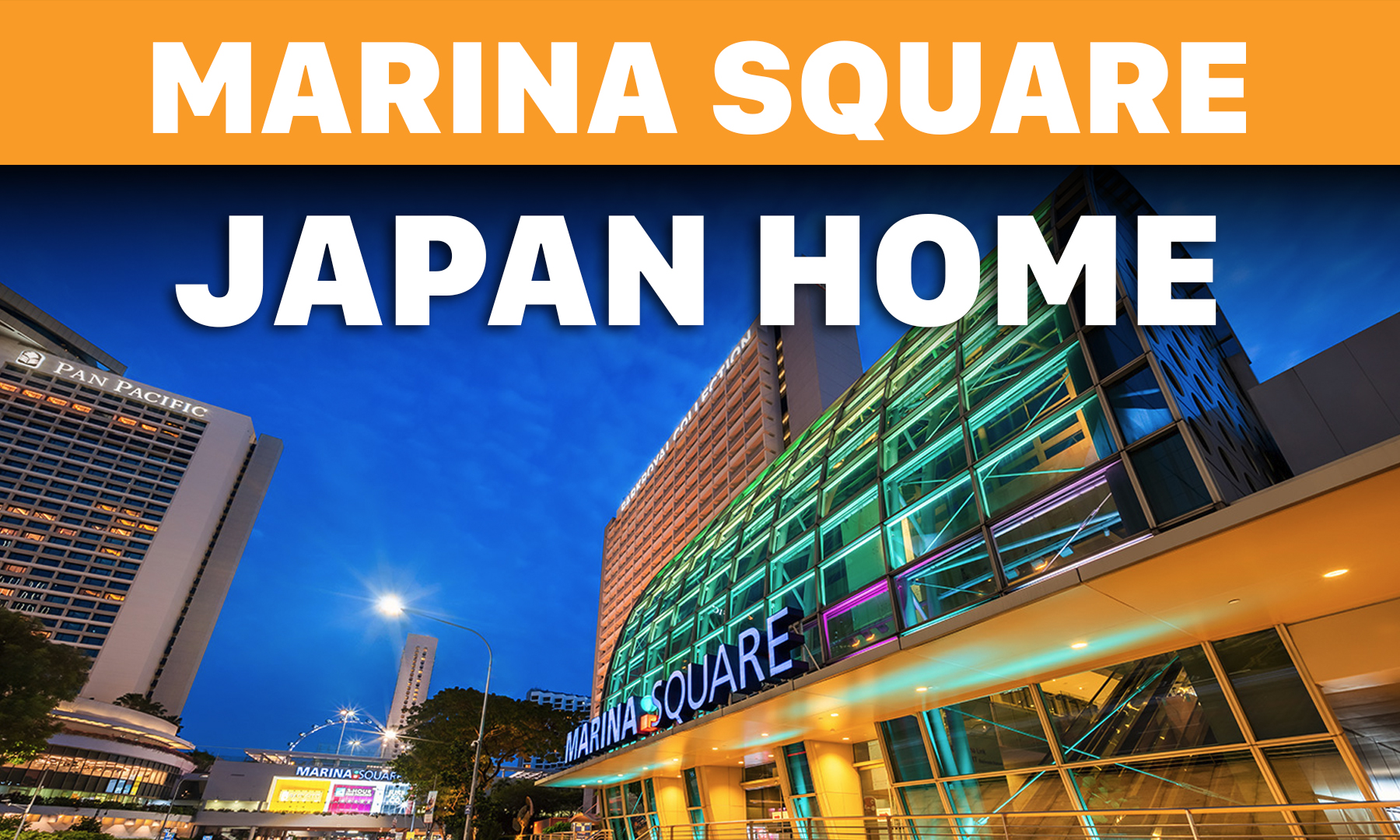





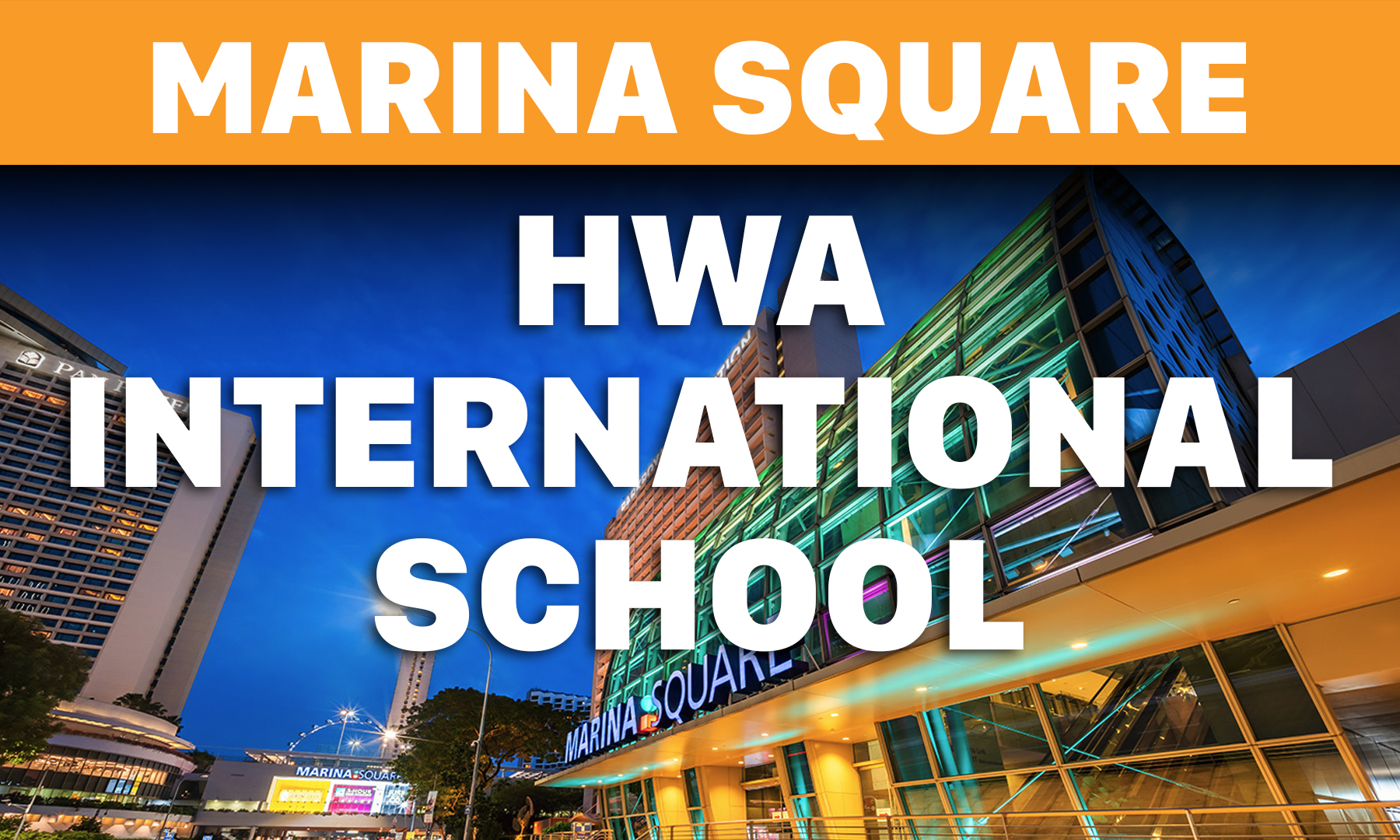

.jpg)
